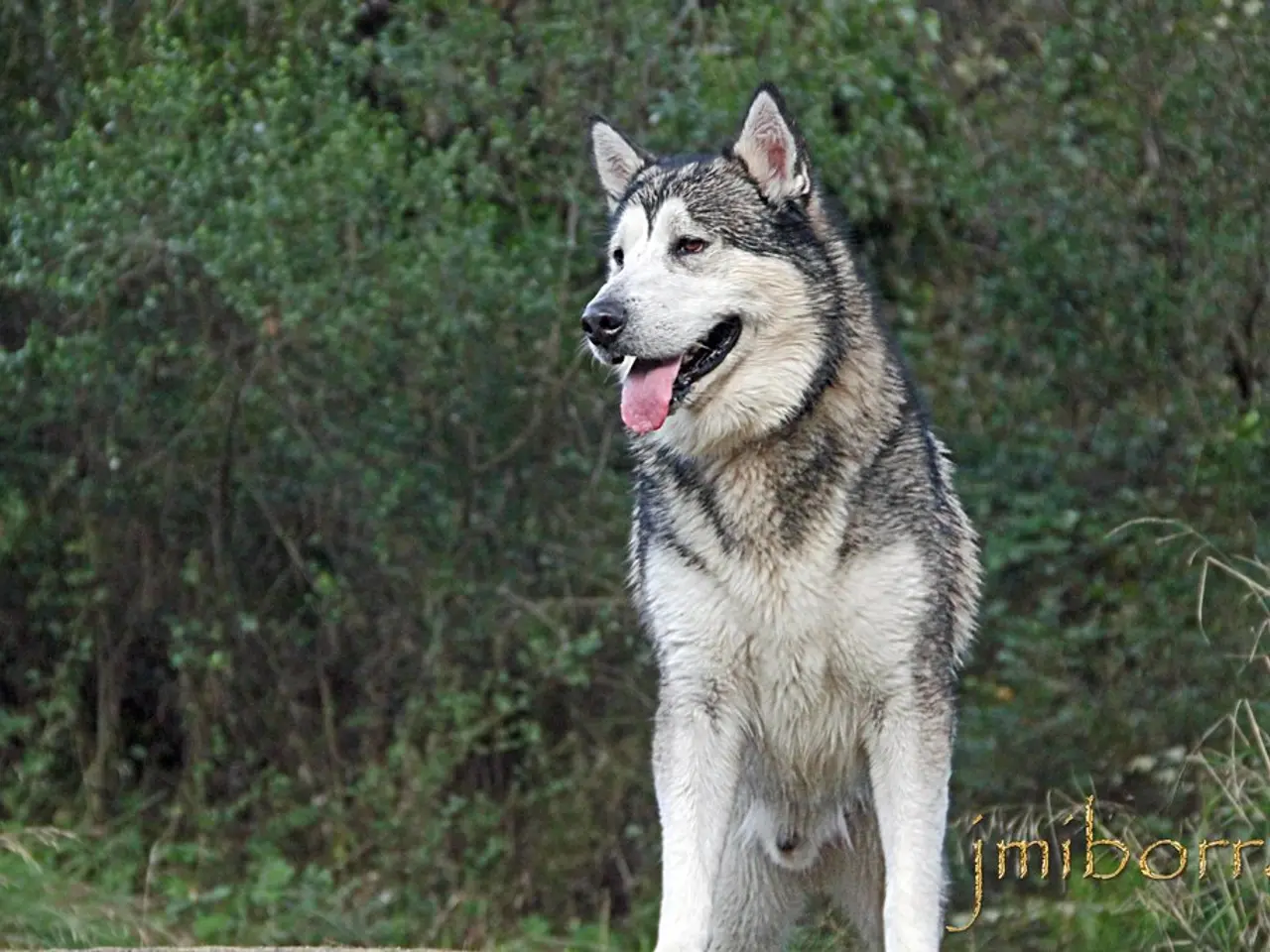"Financial benefits are found in 'Pasture for Life' farming practice"
In a recent study, Pasture for Life (PfL) farms have shown significant financial benefits compared to traditional Farm Business Survey (FBS) farms. The research, titled "Sustainable Ecological and Economic Grazing Systems: Learning from Innovative Practitioners" (SEEGSLIP), while not providing direct figures on the financial advantages of feeding no grain to cattle and sheep in PfL farms, generally highlights the potential for substantial financial gains in such systems.
The key findings of the study suggest that feeding no grain to ruminants in PfL farms can lead to lower input costs, as there is no need for purchased grain feed. This cost-saving is further bolstered by improved animal health and welfare, reducing veterinary expenses, and enhanced soil and pasture quality, supporting long-term farm productivity. Additionally, marketing premiums for sustainably raised, grass-fed meat products provide an additional financial boost.
The study likely found that PfL farms, by following no-grain diets for ruminants, achieve better economic resilience and profitability while maintaining ecological sustainability, compared to FBS farms that use conventional grain-feeding practices.
Specifically, PfL beef finishers have a much healthier average Gross Margin of £404/head, as opposed to the FBS farms at an average of £238. Similarly, the Top Pasture for Life (PfL) farms make more Gross Margin at £106/head for breeding sheep, compared to the top Farm Business Survey (FBS) farmers at £93/head.
Interestingly, despite PfL farms keeping their cattle six months longer or more, the variable costs across all the systems were remarkably similar. The average total variable costs/head for PfL beef finishers is £54, compared to £309/head for the FBS sample. This is mainly due to the fact that PfL farms are selling their calves finished, whereas the FBS farms are selling six-month-old stores for other farmers to finish.
The comparison involved PfL beef finishers and FBS finishing from the suckler herd. The output from the PfL suckler beef farms is almost double that of the benchmarked FBS farms at £1,158/head for the average. PfL farms based in the uplands have a much better Gross Margin at £41/head, compared to the average upland farm in the FBS survey at £21/head.
The research for the comparison was carried out by the UK centre for Ecology and Hydrology (UKCEH), Lancaster University, Natural England, and SRUC, and led by Dr Lisa Norton of UKCEH. The project was funded by the Biotechnology and Biological Sciences Research Council (BBSRC), the Economic and Social Research Council, the Natural Environment Council, and the Scottish Government.
For more detailed information, such as exact financial figures or specific data, it is recommended to consult the SEEGSLIP project reports or academic publications directly. PfL is also looking to gather and produce enterprise costings data down to Net Margin level, to highlight differences in fixed costs between 100% pasture-fed farmers and conventional lamb and beef producers.
The July 2021 issue of Direct Driller magazine provides more information on this comparison. For those interested, you can find the latest issue here.
- The research suggests that by following no-grain diets for ruminants, PfL farms could potentially achieve better economic resilience and profitability in business, as they have a higher average Gross Margin for beef finishers and suckler beef farms compared to traditional Farm Business Survey (FBS) farms.
- The study on Pasture for Life (PfL) farms highlights the potential for significant financial gains in business through feeding no grain to ruminants, thanks to lower input costs, marketing premiums for sustainable meat products, and improved farm productivity due to enhanced soil and pasture quality.




